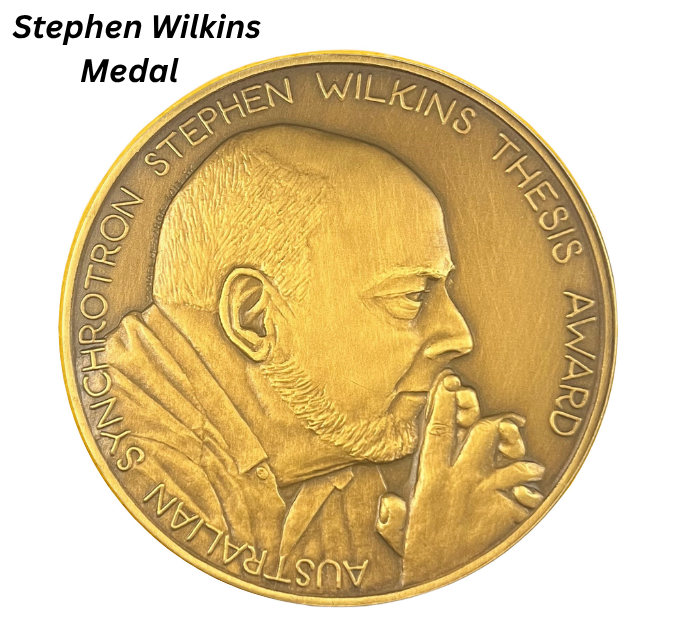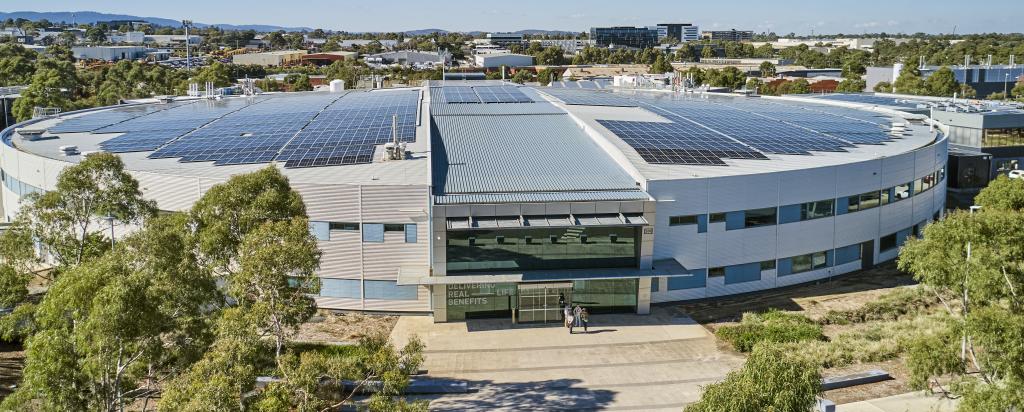
Nominations have now CLOSED for the ANSTO Australian Synchrotron Stephen Wilkins Thesis Medal.
This medal is awarded annually to the PhD student at an Australian or New Zealand University who is judged to have completed the most outstanding thesis of the past two years whose work was undertaken at and acknowledges the Australian Synchrotron, or whose work acknowledges and was undertaken under the auspices of the International Synchrotron Access Program (ISAP). The 2025 ANSTO Australian Synchrotron Stephen Wilkins Medal, will be awarded to the candidate producing the most outstanding thesis and whose degree was awarded, but not necessarily conferred, after the 30th June 2023. The awardee will receive a monetary prize of $3,000 funded by a bequest from the Wilkins family and by ANSTO to support career development.
